
5 minute read
Fueling Your Mind: How Food & Healthy Routines Can Support Mental Health Through Winter and the Holidays
by Jessica Botsas, R.H.N.
As the days become shorter and the holiday season approaches, many people find themselves struggling with heightened fatigue and seasonal depression—also known as seasonal affective disorder (SAD). While winter's cold and holiday stress is inevitable, how we nourish our bodies and adopt better habits profoundly influences how we navigate these challenges.
IntentionalEating
Plan Ahead: Prepare nutrient-dense meals in advance to balance out indulgent holiday dishes. The holiday season can often push us toward an all-or-nothing mindset, making us feel like the time between Christmas and New Year's is a complete washout regarding healthy habits. However, it is essential not to fall into this trap. If you know you will enjoy a big family dinner, focus your plate on protein and fiber (vegetables/fruits) earlier in the day. Some great ideas for nutrient-dense meals include a protein-rich smoothie with berries and chia seeds, an eggvegetableomelette,oratunasalad.
Adding "More" To Your Plate: There's no need to deprive yourself. By adding more nourishing foods to your plate, such as protein and vegetables, you'll naturally crowd out the extras withoutconsciouslyexcludinganyfoods.
Always Be Intentional: While "moderation is key" sounds logical, it's challenging to implement. What can help with this is being intentional about what you choose to add to your plate rather than going on "auto-pilot." Allow yourself to enjoy holiday treats without guilt and overindulging!
Stay Hydrated: Dehydration can mimic symptoms of fatigue and anxiety. Drink water throughout the day, and opt for herbal teas such as peppermint to ease stress and support digestion. FoodstoBoostMentalResilience
Certain nutrients take center stage in supporting the body and mind during challenging times. Besuretoincludethesevitalcomponentsinyourdiet!
VitaminD: Low vitamin D levels are often linked to mood and energy changes, particularly in the winter when sun exposure dwindles. It is also crucial for immune support, something we can all benefitfromduringthistimeofyear!
Best food sources: Fatty fish, such as salmon, egg yolks, liver, and fortified foods, such as cereals,grainproducts,andmilk.
Supplements: Supplementation of vitamin D3 may be necessary for those living in northern climates. The dosage of vitamin D3 will vary based on your current vitamin D levels, which can be evaluated through blood work. Working with your primary care physician is important toensurethatyoursupplementationistailoredtoyourspecificneeds.VitaminDisafat-
Fueling Your Mind cont'd
soluble vitamin, meaning it is not easily excreted by the body if consumed more than recommended. Disclaimer: Before starting any dietary supplement, consult a healthcare professionaltoensureitissafe,consideringproperdosageandpotentialdruginteractions.
BesttimetostartboostingvitaminD?
Typically, you’ll want to increase your vitamin D intake as the amount of time spent outdoors decreases, especially when more of your body is covered up. One of the primary sources of vitamin D is sunlight, as it’s synthesized by your skin when exposed to UV rays. However, it can be difficult to reap the full benefits of the recommended 10-15 minutes of sun exposure during cold weather. Individuals with higher melanin (darker skin pigment) may require at least 25 minutes of sun exposure to produce sufficient vitamin D.
Who is susceptible to low vitamin D?
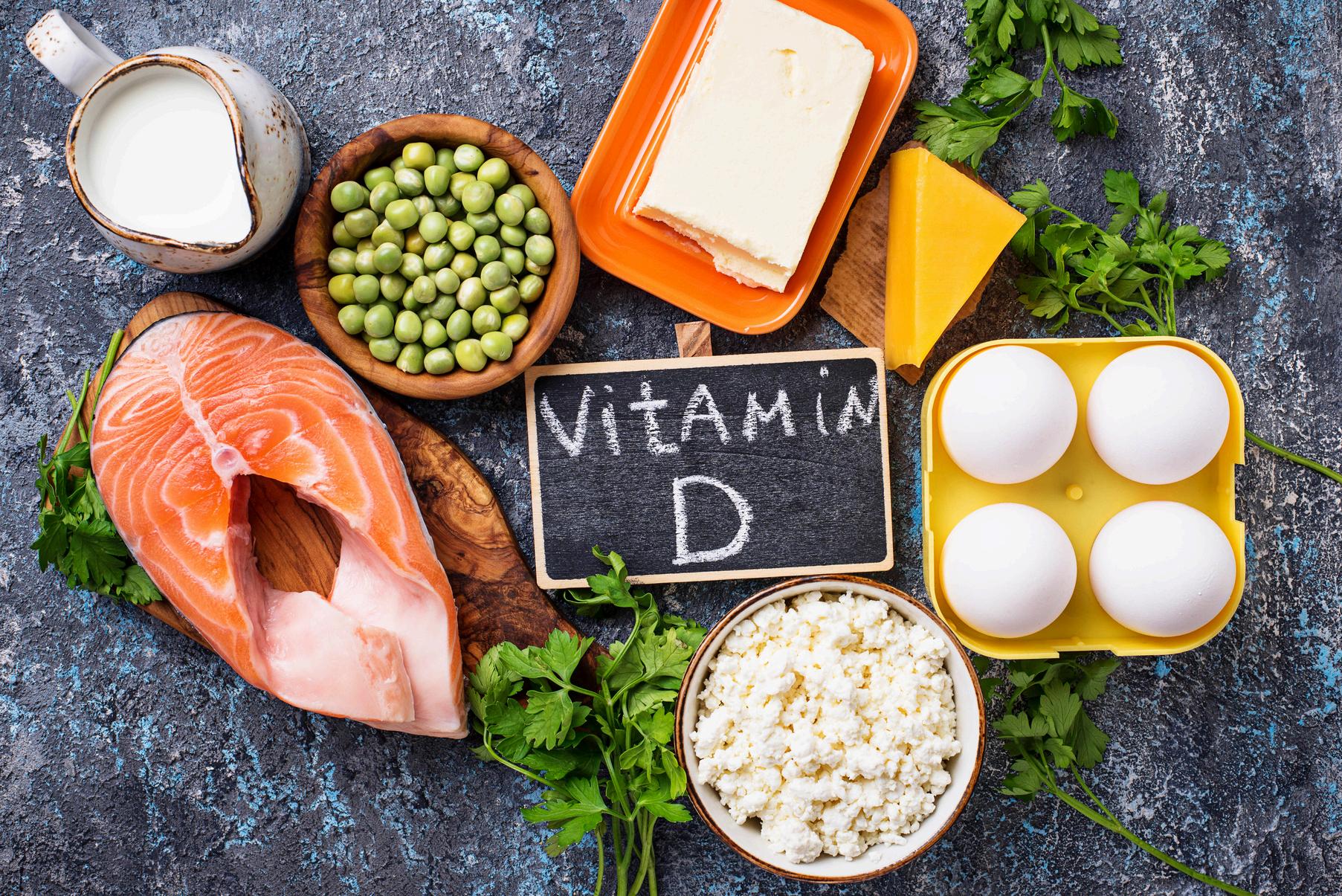
Individuals with darker skin tones are more prone to low vitamin D levels because higher melanin can reduce the body’s ability to synthesize vitamin D from sunlight. Individuals with digestive issues, such as those without a gallbladder, may struggle to break down fats, including fat-soluble vitamins like vitamin D. Similarly, people exhibiting signs of fat malabsorption in their stools may be particularly vulnerable to low vitamin D levels. Lastly, individuals over 65 are at risk of vitamin D deficiency. As we age, the skin’s ability to synthesize vitamin D from sunlight diminishes, and post-menopausal women experience bone health and metabolism changes that increase their vitamin D requirements.
2. Complex Carbohydrates: As we become susceptible to fatigue and swings in energy, it is important to maintain stable blood sugar levels to maintain focus and emotional balance That’s not to say you can’t enjoy some treats; however, listen to your body.
These are carbohydrates that contain fiber, which helps slow digestion and prevents blood sugar spikes as the body breaks down carbohydrates into sugars. What are complex carbohydrates?
Best food sources: Whole grains such as wild rice, oats, quinoa, and whole grain bread, as well as starchy vegetables such as potatoes with skins on, winter squash, and whole fruits (avoid fruit juices).
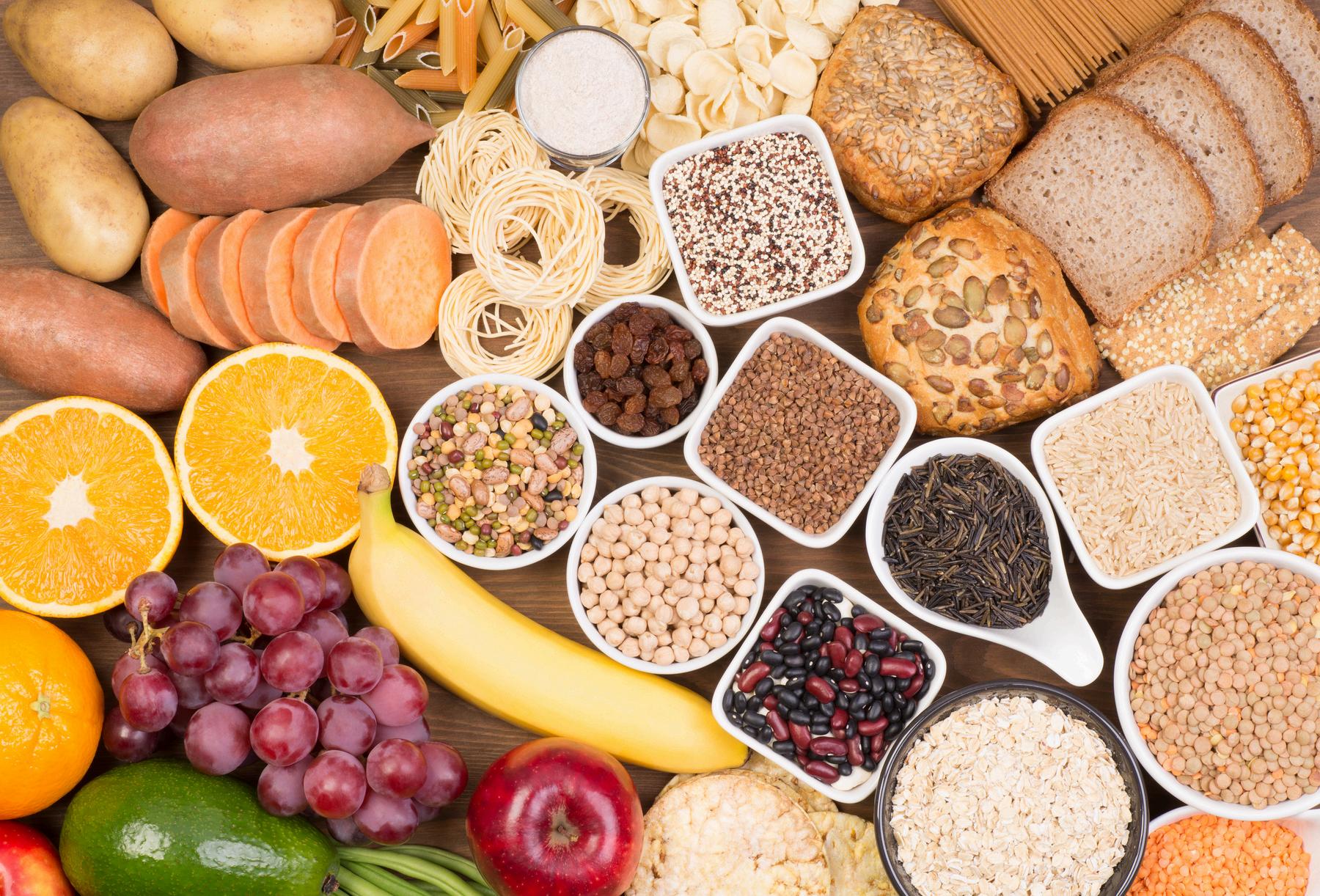
Fueling Your Mind: How Food & Healthy Routines Can Support Mental Health Through Winter and the Holidays cont'd
3. B Vitamins: Particularly B6, B12, and folate, play a crucial role in providing energy by supporting neurotransmitter production, boosting energy metabolism, and aiding in blood cell formation (especially important if you have a history of anemia or low iron levels).
Best food sources: Leafy greens, beans, eggs, beef, chicken, fortified nutritional yeast, and whole grains, including fortified grains are all rich sources of these essential vitamins.
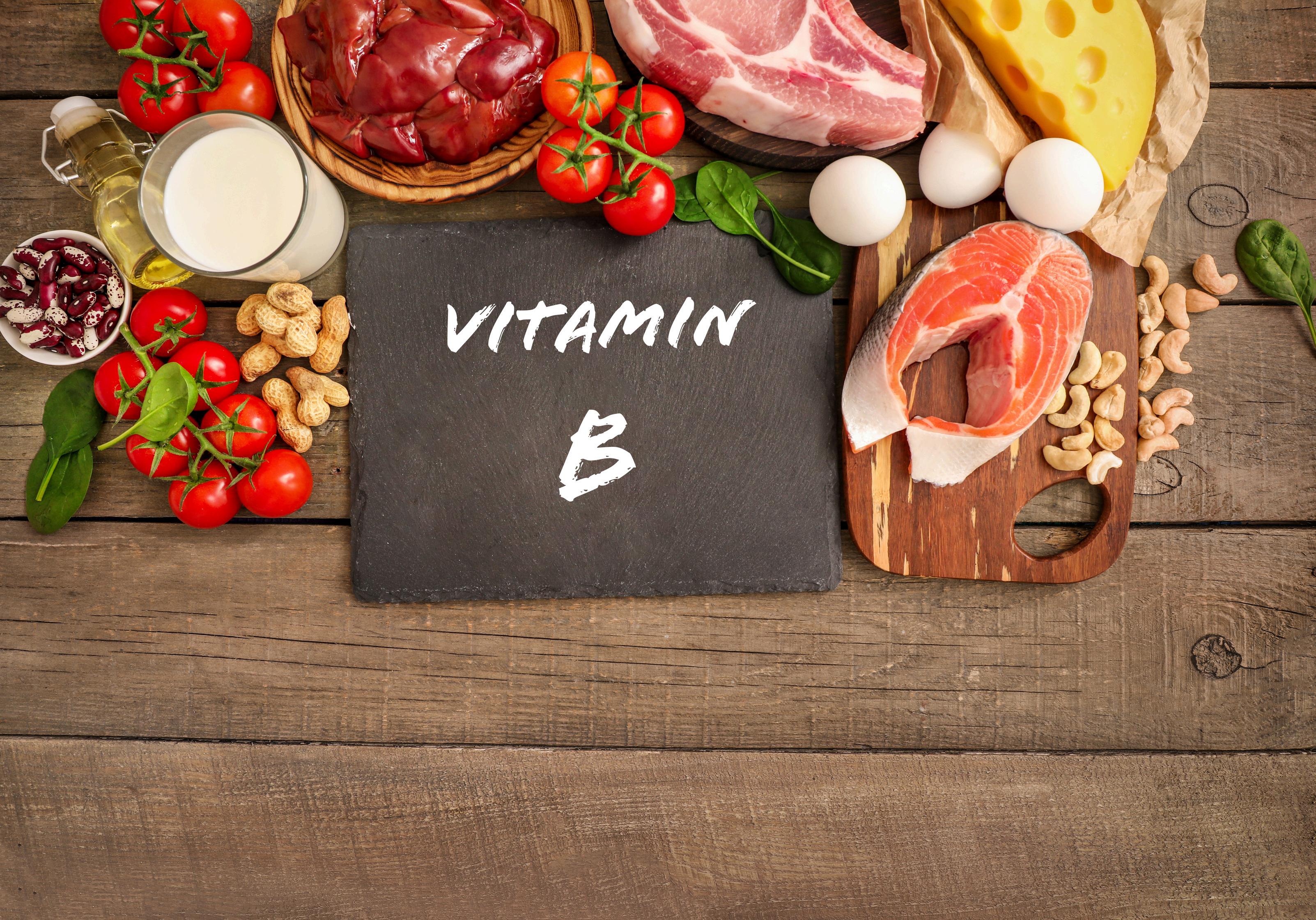
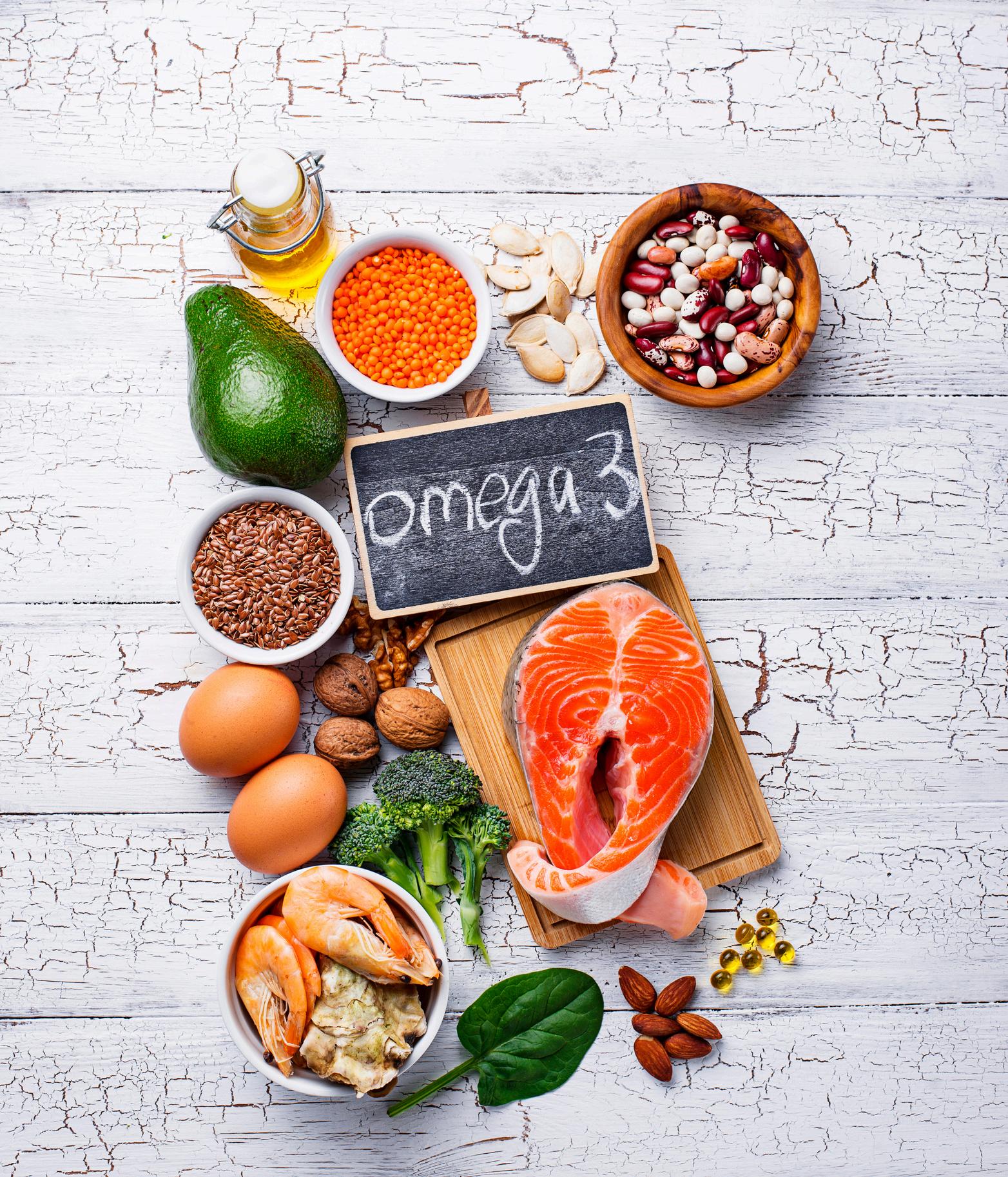
Supplements: You may consider a vitamin B-complex, which contains all the necessary B vitamins, or a multivitamin, which includes a vitamin B-complex. If you are meat-restricted (vegan/vegetarian), speak to your primary care physician about testing your vitamin B12 levels to avoid deficiency. Disclaimer: Before starting any dietary supplement, consult a healthcare professional to ensure it is safe, considering proper dosage and potential interactions with medications
4. Omega-3 Fatty Acids: Omega-3 is an essential fat that helps regulate neurotransmitters like serotonin and dopamine. It is also essential for combating inflammation in the body and keeping your brain happy and healthy, which may be especially important ifyousufferfrombrainfogduringthewinter.
Best food sources: Fatty fish (salmon, trout, mackerel, sardines, anchovies), walnuts, chia seeds, and flaxseeds. It is recommended to consume 8-12 oz of fish and seafood per week.
Supplements: If fish is not a regular part of your diet, you might consider taking a fish oil supplement or algal oil if you follow a vegan or vegetarian diet, as it contains EPA and DHA, similar to fish oil. Disclaimer: Before starting any dietary supplement, consult a healthcare professional to ensure it is safe for you, considering proper dosage and potential interactionswithmedications.
Fueling Your Mind: How Food & Healthy Routines Can Support Mental Health Through Winter and the Holidays cont'd
5. Prebiotics & Probiotics: About 90% of serotonin, the “feelgood” neurotransmitter, is produced in the gut. A balanced gut microbiome – supported by a nutrient-dense diet, can influence mood,stressresponse,andoverallmentalhealth.
Prebiotics feed probiotics: Prebiotics (soluble fiber) are the primary food source for probiotics (beneficial live bacteria), making them essential for maintaining a healthy gut Furthermore, when prebiotics are digested, they produce butyrate, a short-chain fatty acid that serves as a critical energysourceforcoloncells–fuelingupto70%ofthecolon wall’s needs. Achieving this symbiotic balance of prebiotics and probiotics is key to supporting digestion, immunity, and overallwell-being.
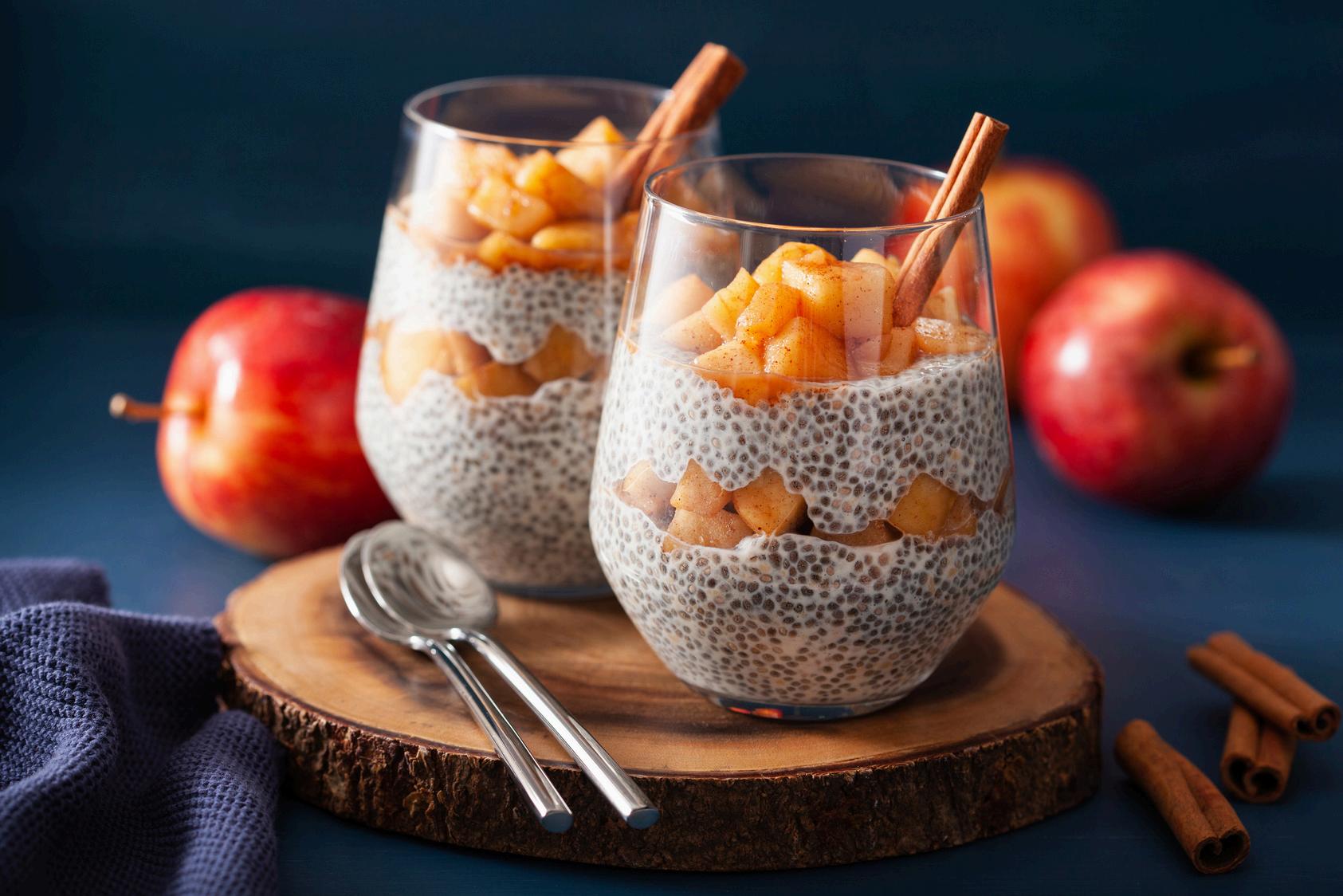
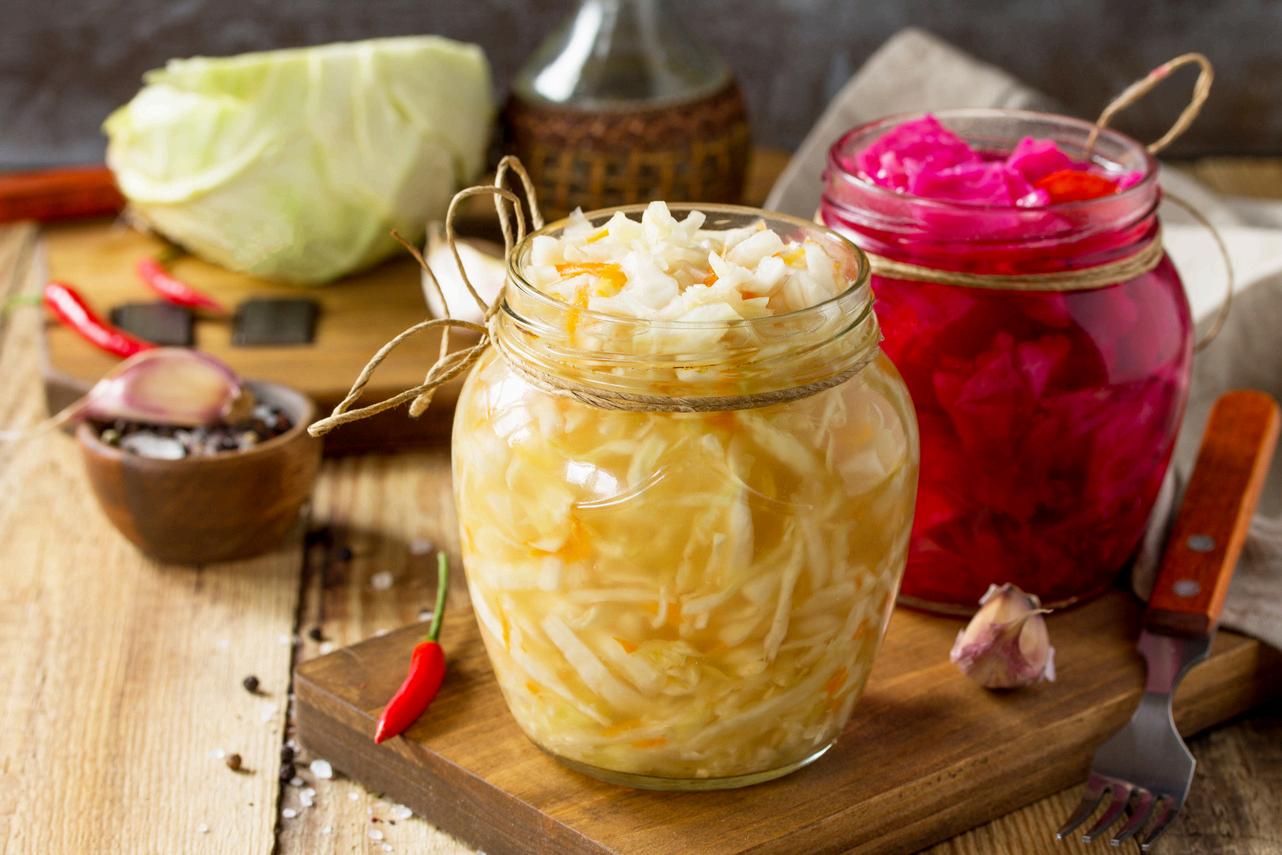
Best food sources of prebiotics (soluble fiber): Chia seeds (2 tablespoons provide 8g of fiber), flax seeds, oats, barley, root vegetables (all – potatoes, carrots, turnips, beets, parsnips), squash (all – zucchini, pumpkin, butternut squash), mushrooms, okra, asparagus, avocado,beans/lentils,peas,banana,apples,berries,citrus,andfigs.
Best food sources of probiotics: yogurt, kefir, sauerkraut, kimchi, miso paste (soups/stews), tempeh,andkombucha.
6. Magnesium: This is nature’s relaxing mineral. It helps regulate the stress response and promotes better sleep. Unfortunately, many people have low magnesium levels due to depleted soils and a diet that doesn’t include enough sources of magnesium. In addition, factors such as excessive caffeine consumption and chronic stress can further deplete magnesium levels in the body.
Best food sources: Spinach, almonds, pumpkin seeds, lima beans, and dark chocolate (80% +)areexcellentsources.
Supplements: The form of magnesium you choose will depend on your personal needs. My top three picks are magnesium citrate, magnesium bis-glycinate, and magnesium Lthreonate. Disclaimer: Before starting any dietary supplement, consult a healthcare professional to ensure it is safe for you, considering proper dosage and potential interactionswithmedications.

Jessica Botsas is a holistic wellness practitioner (R.H.N), a graduate of the Canadian School of Natural Nutrition, and the founder of Vital Wellness She offers a whole food, non-diet approach to health, focusing on sustainable weight management, digestive health, metabolic concerns, food relationships, and eating habits Jessica adheres to a strict code of ethics and is a member in good standing of L'Association des Naturopathes Professionnels du Québec (ANPQ) She provides virtual consultations across Canada
For further information, visit: www.vitalwellness.ca email: jessica@vitalwellness.ca Instagram: vitalwellnessmtl










